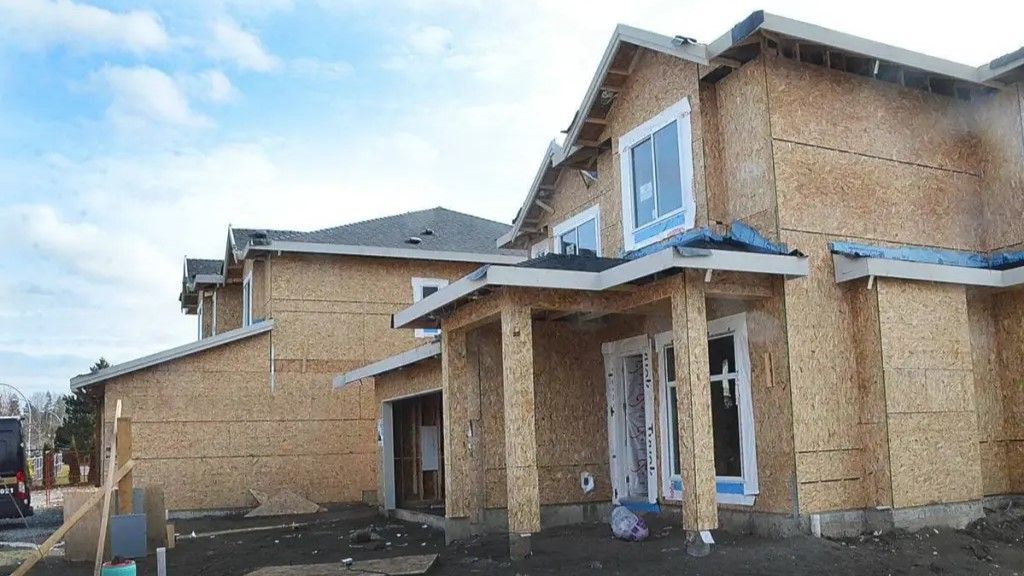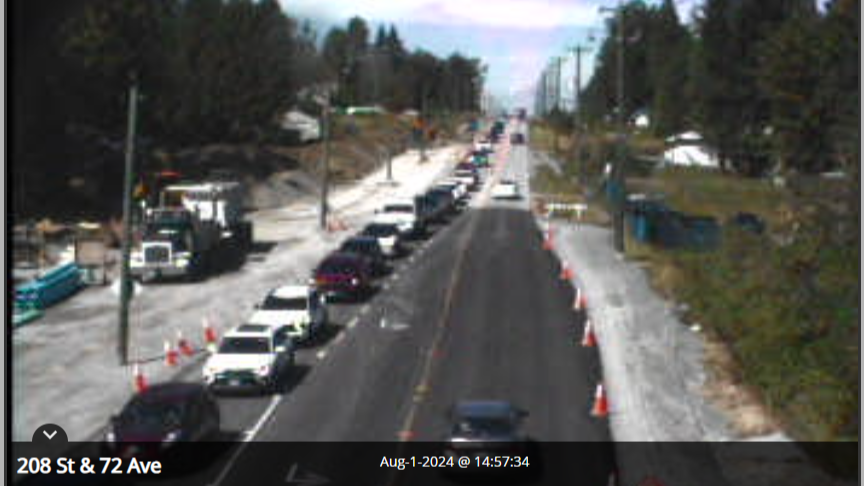🏙️ B.C. Cities Fail to Crack National Housing Affordability List 🚫

A new list of Canada’s most affordable cities has been released and not a single community in British Columbia cracked the top 15.
Royal LePage conducted a report and collected data from coast to coast and found that Quebec City and Edmonton are the top choices for relocation due in part to the lower cost of living.
The report shows that 45 per cent of Greater Vancouver residents would consider moving to the Alberta capital.
The most affordable market in the country is Thunder Bay, Ontario with the average home price at $299,300 where it would take 22.2 per cent of a households monthly income to pay a mortgage payment.
Saint John, Red Deer, Tros-Rivieres and Edmonton all made the top five with the percentage of house hold incomes needed ranges between 25.1 per cent and 28.9 per cent.
According to the Royal LePage, Kelowna was the found to be the least expensive city in B.C. with a mortgage payment requiring 62.9 per cent of the average monthly income.
The second-most affordable city is Abbotsford at 72.2 per cent.
“We see in B.C., and particularly in Vancouver, that geographically it has constraints that are natural with mountains and oceans and there are less places for homes and there are a tremendous number of people who want homes, so we can’t build fast enough, not building enough,” said Karen Yolevksi, the COO of Royal LePage.
Despite the high cost of housing, Royal LePage found that those from Greater Vancouver are the most likely to want to stay put, at 46 per cent. That's compared to 40 per cent in Greater Montreal and 37 per cent in the Greater Toronto Area, saying they would not consider moving to one of the most affordable cities on the list.
CTV News Vancouver Journalist







